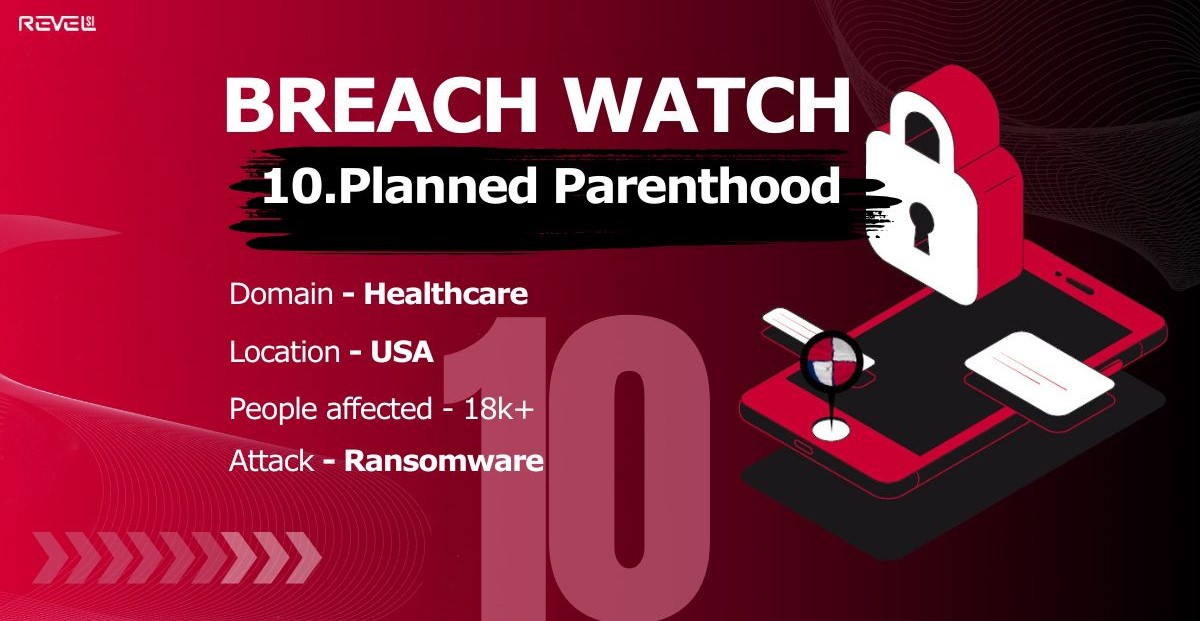Incident Overview
On August 28, 2024, Planned Parenthood of Montana detected a significant cybersecurity breach involving ransomware.
The attackers, identified as the RansomHub group, accessed the organization’s network between August 24 and August 28, exfiltrating 93 GB of data. The group has threatened to publish the stolen files unless a ransom is paid.
Data Compromised
Investigations revealed that personal and medical information of 18,003 individuals was compromised, including:
- Personal Information: Names, addresses, and dates of birth.
- Medical Records: Medical record numbers, clinical details, treatment information, diagnoses, and prescription detail.
- Insurance Data: Health insurance information.
Screenshots of administrative, legal, and financial documents were shared on RansomHub’s dark web site as evidence of the breach, though patient data has not yet been uploaded.
Impact and Risks
The breach is especially concerning due to the sensitive nature of reproductive healthcare data.
The potential consequences include:
- Identity Theft: Stolen data could be used for fraud or impersonation.
- Extortion: Cybercriminals may attempt to target individuals directly.
- Legal and Privacy Implications: Released data could lead to legal complications for patients, particularly those seeking abortion services in restrictive jurisdictions.
Planned Parenthood’s Response
The organization acted quickly to mitigate the breach:
- Incident response protocols were activated immediately, including isolating affected portions of the network.
- Federal law enforcement agencies and cybersecurity professionals were engaged to investigate and secure systems.
- Notification letters were sent to affected individuals starting November 5, 2024, with a dedicated helpline (888-479-9996) established for support.
Key Takeaways
- Healthcare Under Attack: This breach is part of a larger trend of targeted ransomware attacks on healthcare organizations. RansomHub, an emerging ransomware group, has already conducted over 210 attacks since February 2024.
- Data Security Challenges: Despite extensive security measures, sophisticated attacks continue to expose vulnerabilities in healthcare cybersecurity.
- Focus on Prevention: Beyond technology, education and training for staff on cybersecurity threats like phishing and social engineering are critical.
Lessons for the Industry
- Proactive Security Measures: Regular audits, advanced threat detection systems, and strong data encryption can reduce risks.
- Incident Readiness: Comprehensive response plans ensure swift containment and minimize damage.
- Collaboration: Partnerships with law enforcement and cybersecurity experts strengthen defenses.
The Planned Parenthood breach underscores the urgent need for enhanced security protocols in healthcare, particularly for organizations managing highly sensitive patient data.

